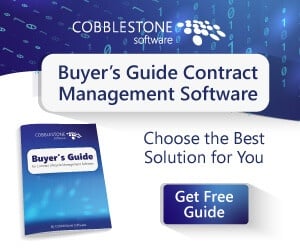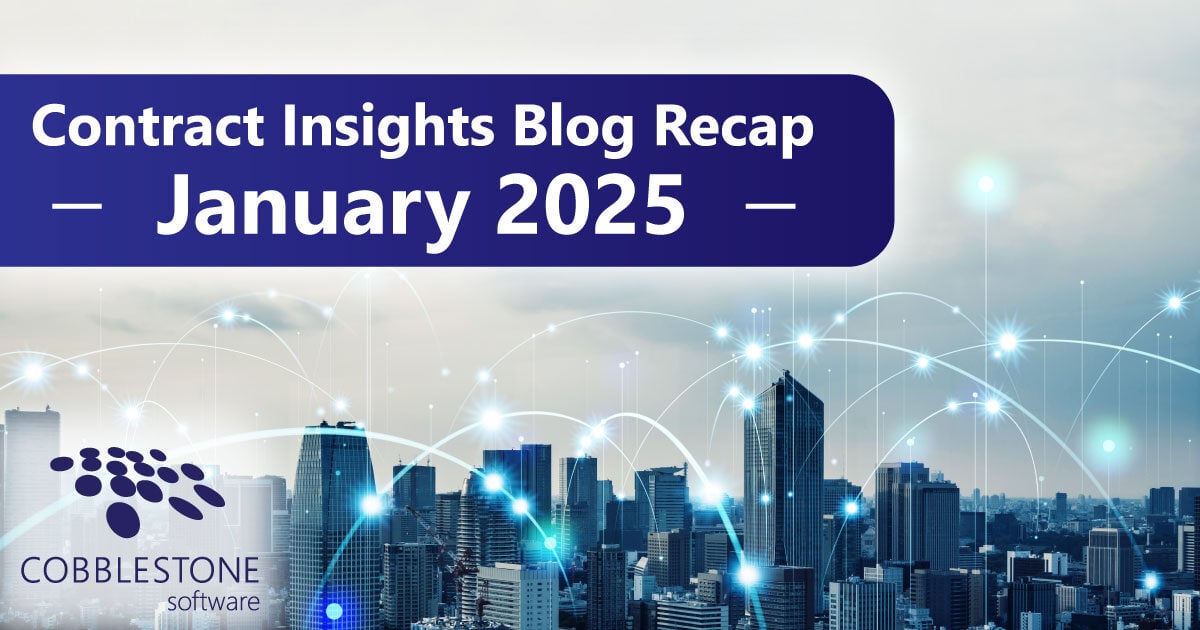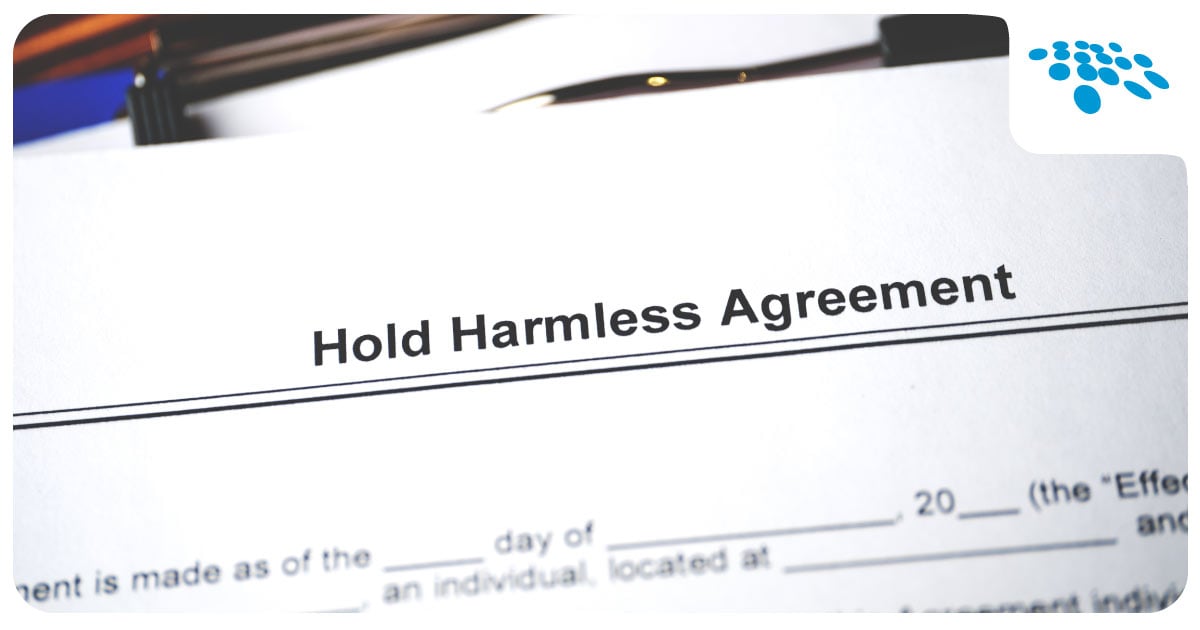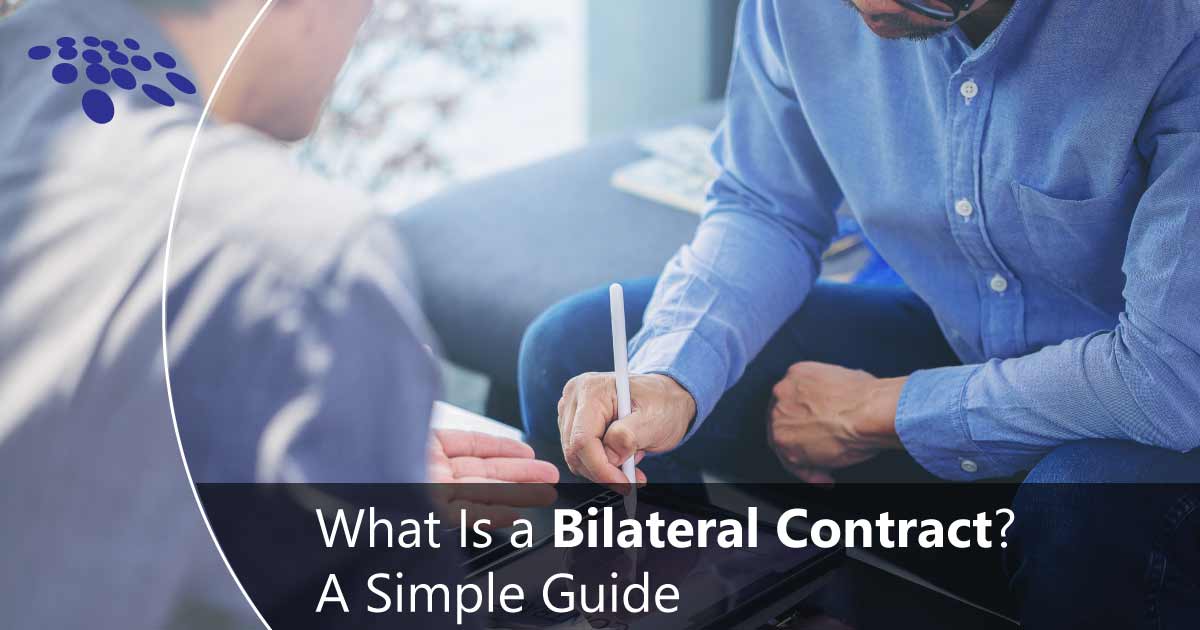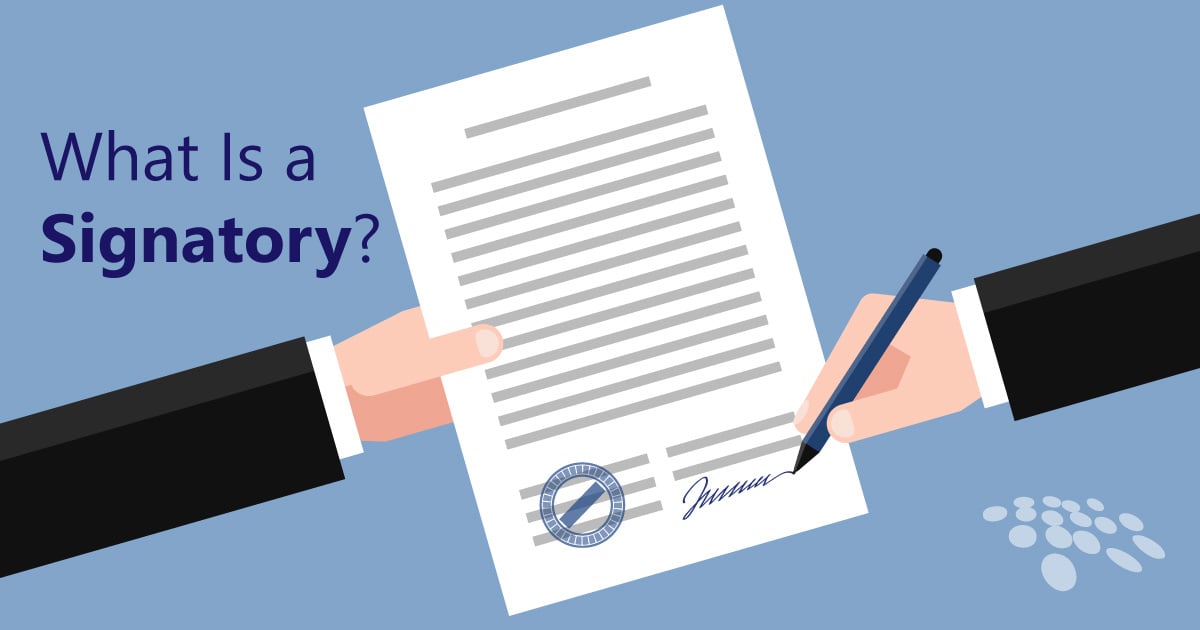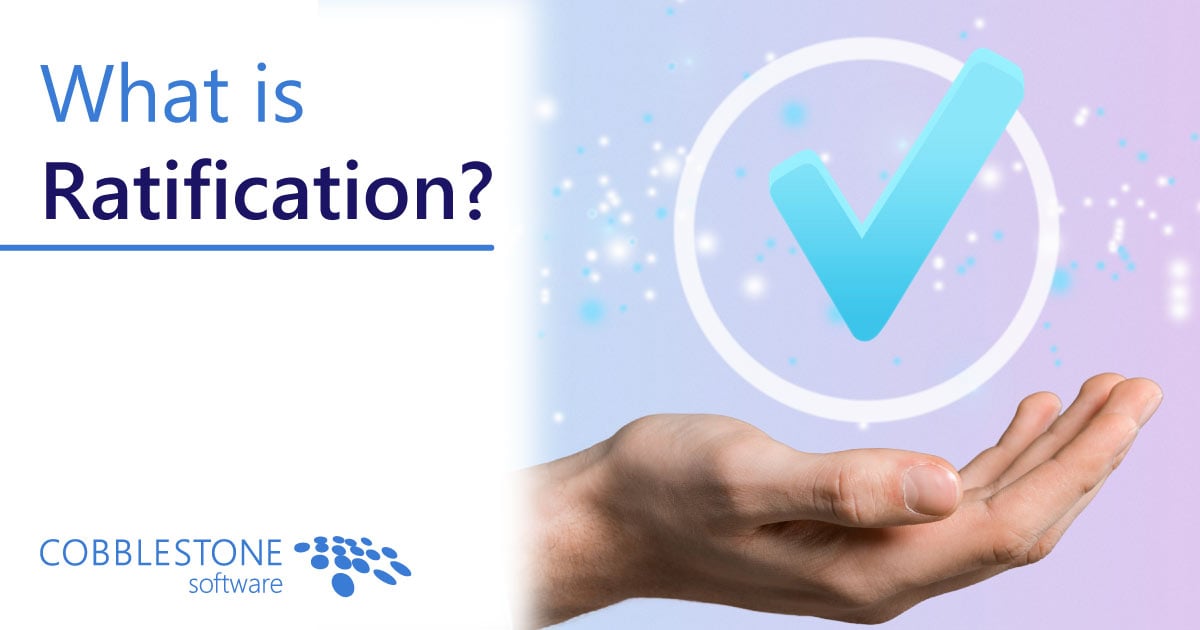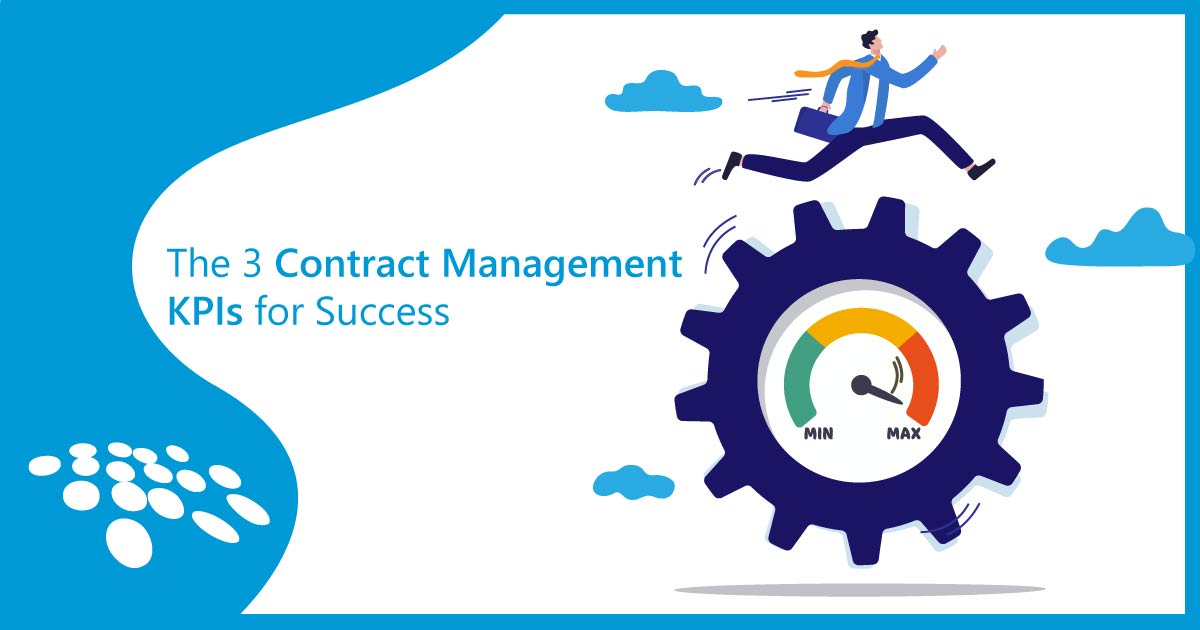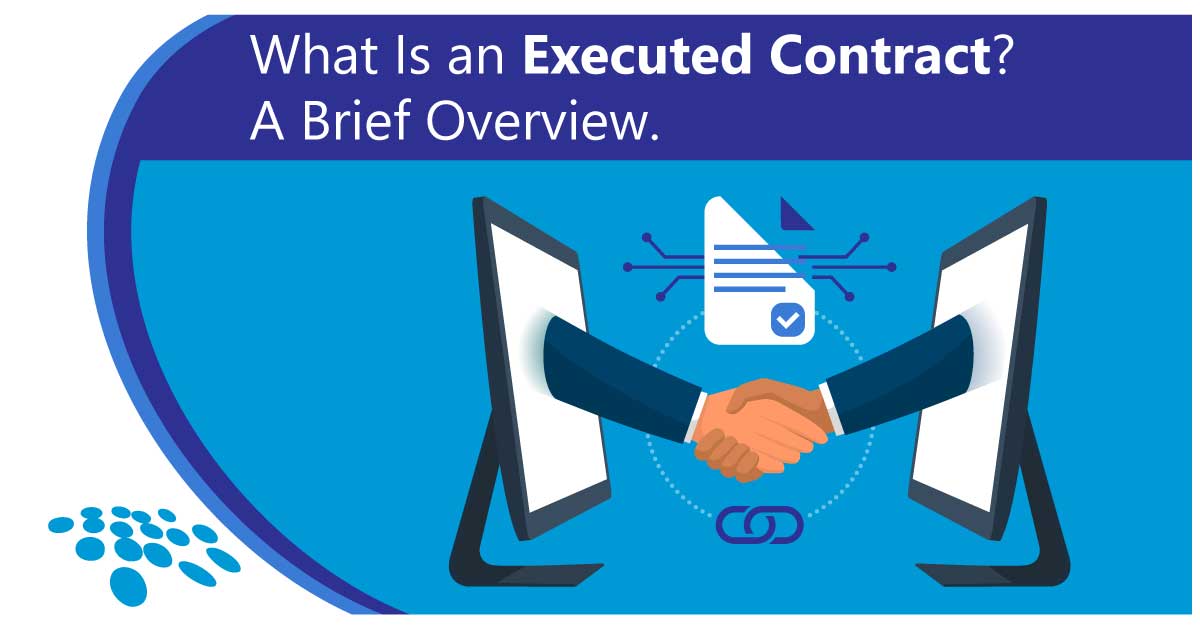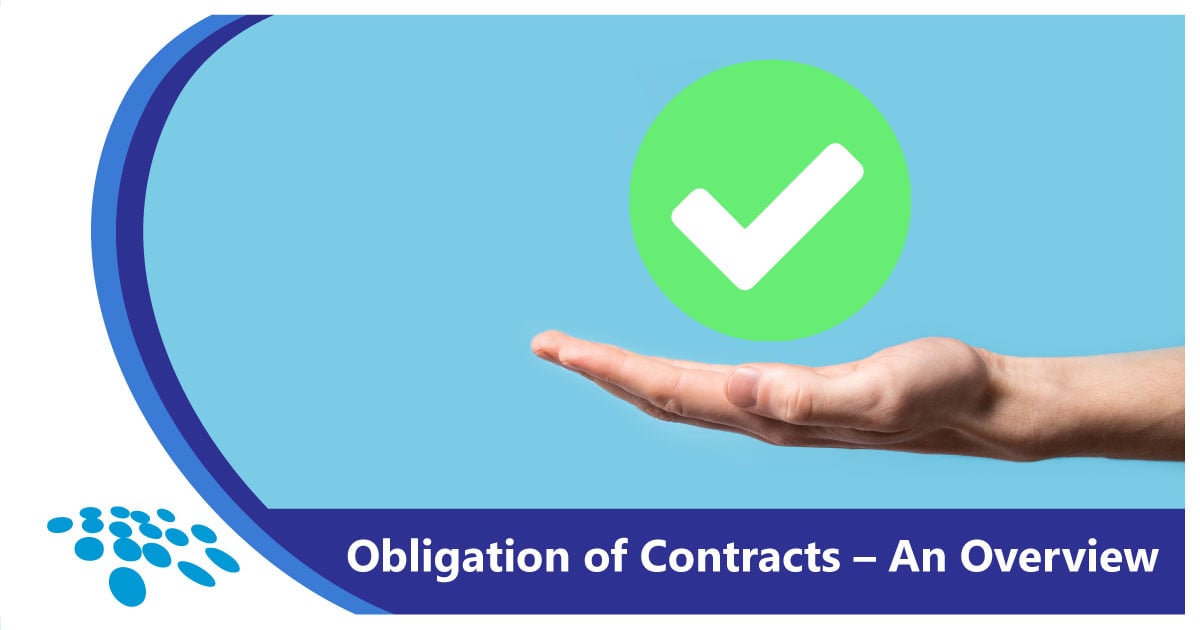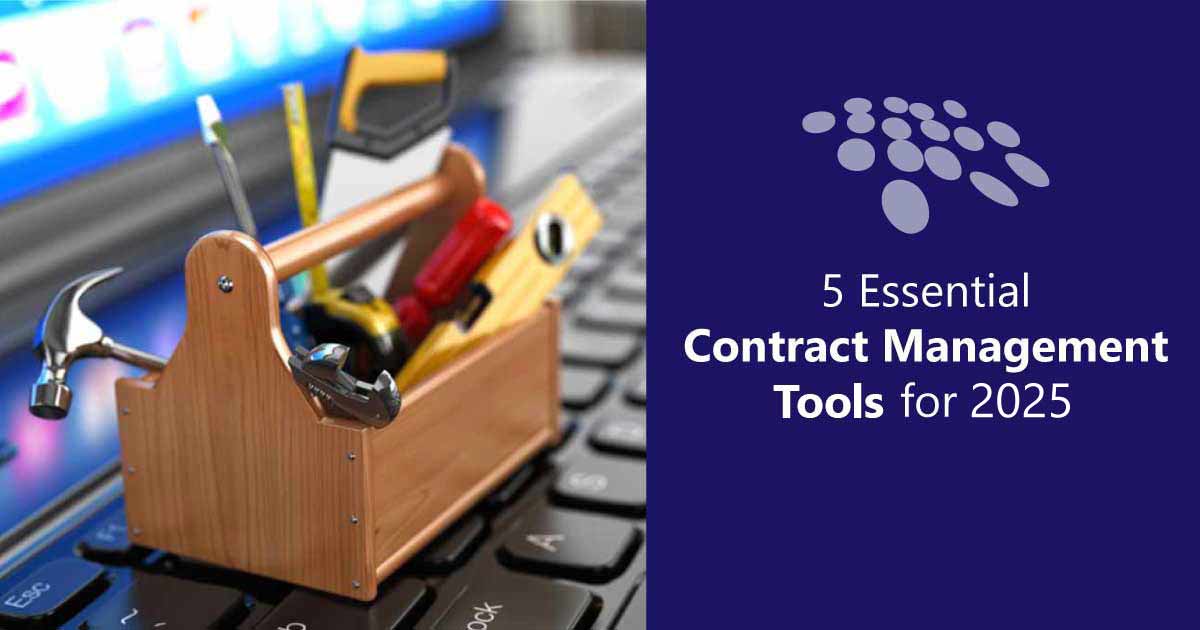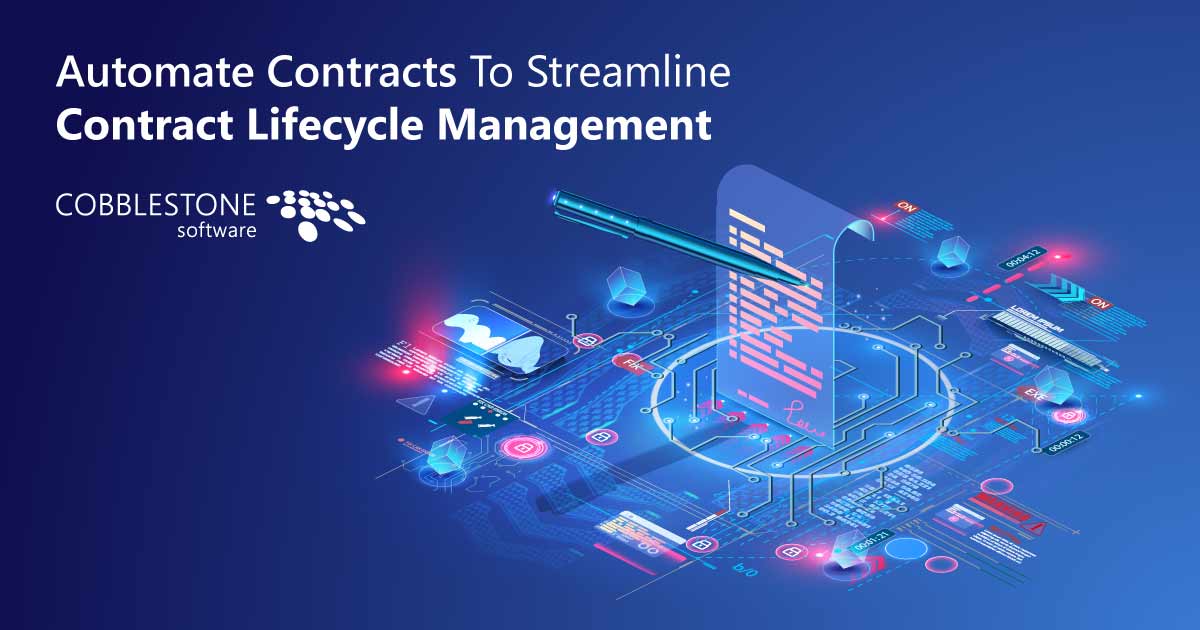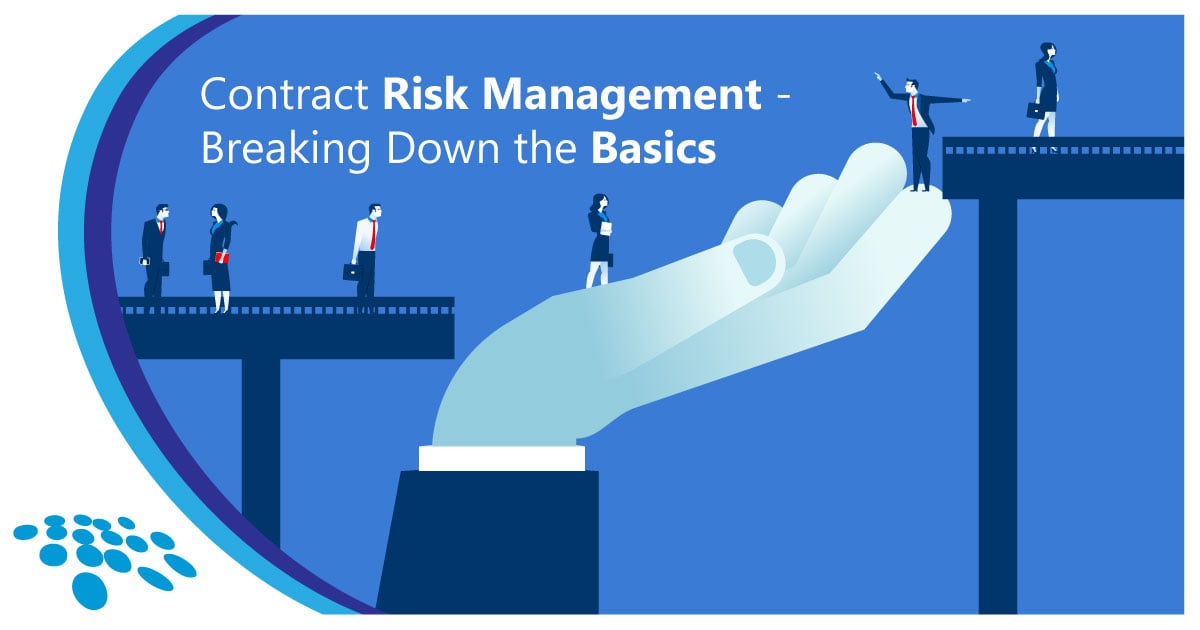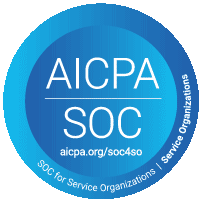
Contracts serve as the keystone around relationships between companies, vendors, clients, and other stakeholders. However, a contract is only worth its performance.
Legal professionals need to understand and manage the contract performance process. This helps them protect their teams' interests, lower risks, and build better business relationships. As such, let's explore the contract performance process and some tips for enjoying better contract performance and monitoring.
What Is the Contract Performance Process?
The contract performance process ensures that everyone involved in a contract meets their obligations. This involves following the terms set in the agreement. Contract performance also includes monitoring deliverables, observing timelines, and maintaining compliance with legal and regulatory requirements.
Contract performance is not just about enforcement. It is also a way to manage the expectations of a contract. It helps achieve outcomes that benefit both parties.
The Phases of Contract Performance Processes
1. Pre-Performance Planning
Before contract performance begins, it is essential to set the stage for contract management success. This preparation involves getting all internal teams on the same page. It ensures everyone understands their duties and the plan for tracking performance.
Conduct a detailed review of a contract's terms and conditions to identify critical obligations and potential risky language. Using tools like AI for contract review helps you analyze sentiment on both sides of a contract, auto-redline to include preferred language, and proactively analyze risk and risk management performance. Communicate key contractual obligations to relevant departments as well.
2. Initiation and Onboarding
During the initiation phase, parties begin to fulfill their obligations. This fulfillment may involve onboarding new vendors, delivering goods, or commencing services.
You should ensure that all internal teams have access to a copy of the final signed agreement. You should also establish clear communication channels between your organization and the counterparty to address issues quickly. We recommend utilizing a central vendor collaboration portal that supports chat functionality, version control, and comprehensive audit trails.
3. Performance Monitoring
The performance monitoring phase focuses on adherence to contract terms, timelines, and quality standards. You should utilize contract management software to automate the tracking of key dates, deliverables, and milestones. Also, be sure to regularly review ad-hoc reports and performance dashboards to identify and resolve potential issues early.
4. Issue Resolution
During contract performance, disputes, delays, or deviations from the contract may come about. Effectively and efficiently resolving these issues is a must for preserving the business relationship.
Include a clear dispute resolution clause in the contract, such as mediation, arbitration, or escalation procedures. Also, document all correspondence related to performance issues to preserve an accurate record. The latter is easier with features that provide full audit trails and numbered version tracking. This is found in top contract management software.
5. Close-Out and Evaluation
When both sides fulfill their contractual obligations, the contract performance process transitions to the close-out phase. This stage involves reviewing the contract's success for future reference while resolving any open obligations.
Conduct a post-performance review to unlock the effectiveness of the contract and identify lessons learned. You can improve this analysis with graphical dashboards and ad hoc reports. They give a clear view of contract trends. Make sure to track any ongoing obligations, like warranties or confidentiality, for compliance after performance.
Why the Contract Performance Process Matters
As you've realized by now, contract performance is not just a procedural formality. Rather, it is a critical element of risk prevention and contract value creation. Poorly overseen performance can result in financial losses, reputational damage, and even costly litigation. Conversely, effective performance management can enhance relationships, increase ROI, reduce legal exposure, and improve operational efficiency.
Common Challenges in Contract Performance
1. Lack of Clarity in Terms
Problem: Ambiguous, poorly drafted, or error-filled clauses can lead to confusion and disputes during contract performance.
Solution: Prioritize clear and concise drafting during contract negotiation and make sure non-legal stakeholders easily understand the terms. Utilize a generative AI chatbot specifically made for contracts that spits you out the clause you need!
2. Failure to Monitor Obligations
Problem: Without proper tracking, teams may overlook critical obligations or deadlines.
Solution: Implement robust contract lifecycle management tools to stay ahead of deadlines and deliverables.
3. Ineffective Communication
Problem: Miscommunication between internal teams or with counterparties can derail contract performance.
Solution: Establish clear points of contact and regular check-ins to address issues before they escalate. Use a central collaboration gateway to communicate across internal and external teams.
4. Unforeseen External Factors
Problem: Market changes, regulatory shifts, or force majeure events can impact performance.
Solution: Include force majeure and renegotiation clauses in contracts and stay informed about industry developments. Use filterable, advanced searching in contract management software to find these clauses when you need them. This feature includes search history and saved searches. It also has a "Did you mean...?" option. You can search down to the sentence, key term, or even word level.
Practical Tips for to Improve Contract Performance
1. Leverage Technology
Modern contract management software can automate deadline reminders, show advanced analytics for performance metrics, simplify access, and more. This technology minimizes human error and improves efficiency.
2. Train Internal Stakeholders
Educate your organization's teams about their responsibilities under the contract. Use workshops or training sessions to ensure everyone understands their role in the performance process.
3. Develop a Risk Mitigation Plan
Identify potential risks during the planning phase and create contingency plans to address them. This proactive approach can prevent minor issues from escalating.
Use tools like a risk and opportunity assessment matrix. This helps you stay proactive in managing risks and makes the process visually engaging.
4. Monitor Regulatory Changes
Contracts often span months or years, during which legal and regulatory frameworks may evolve. Regularly review contracts for compliance and update them as necessary. Use contract management software to set review and audit reminders. Also, use CLM software to search for compliance language easily, if needed.
5. Create a Centralized Repository
Store all contracts, amendments, and performance-related documents in a centralized system. This central storage ensures easy access and retrieval for all relevant stakeholders, as mentioned above.
6. Establish KPIs for Performance
Define clear key performance indicators (contract management KPIs) to measure the success of contract performance. These key contract performance metrics could include timelines, quality standards, financial metrics, contract efficiency, contract efficacy, and contract risk.
7. Foster Strong Relationships
Cultivating a cooperative relationship with counterparties can make it easier to address challenges collaboratively rather than adversarially.
8. Document Everything
Keep a detailed record of all communications, performance updates, and issue resolutions. This documentation is invaluable in resolving disputes or conducting audits.
The Role of Legal Professionals in Contract Performance
In-house legal teams play a vital role in overseeing the contract performance process. Their legal expertise enables them to:
- Interpret and clarify contract terms for stakeholders.
- Mitigate risks by proactively identifying potential compliance issues.
- Resolve disputes quickly and effectively.
- Ensure that the company's actions align with legal and ethical standards.
Effective contract performance management is not just about ensuring legal compliance; it is about creating value for the organization. By using a smart strategy, legal teams can become trusted partners. They help the company succeed overall.
Key Takeaway
The contract performance process is dynamic and multifaceted, requiring vigilance, coordination, and a strategic mindset. Mastering this process is important for legal teams. It helps protect the organization’s interests and keeps good relationships with stakeholders.
Legal teams can improve the contract performance process by using technology, encouraging communication, strategizing properly, and adopting active management practices. This will help their organization better meet its commitments.
In a fast-paced business environment, contracts are more than just documents; they are strategic tools for growth. Managing their performance effectively ensures not only compliance but also long-term success.
To learn more about contract management software that offers all of the tools mentioned above and more to help you successfully navigate contract performance management, book a free demo today!
*Legal Disclaimer: This article is not legal advice. The content of this article is for general informational and educational purposes only. The information on this website may not present the most up-to-date legal information. Readers should contact their attorney for legal advice regarding any particular legal matter.



